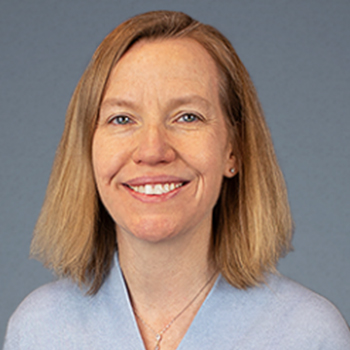Amy Wagers, PhD
-
Academic Faculty, Researcher
-
Islet Cell and Regenerative Biology
Senior Investigator
Director, Flow Cytometry Core
Professor Stem Cell and Regenerative Biology, Harvard Medical School
Amy Wagers is the Forst Family Professor of Stem Cell and Regenerative Biology at Harvard University and the Harvard Stem Cell Institute, and a Senior Investigator at the Joslin Diabetes Center. Her laboratory investigates how changes in stem cell activity impact tissue homeostasis and repair throughout life, and how stem cells may be harnessed for regenerative medicine using cell transplantation and gene editing approaches.
The effective functioning of the body's tissues and organs depends upon innate regenerative processes that maintain proper cell numbers during homeostasis and replace damaged cells after injury. In many tissues, regenerative potential is determined by the presence and functionality of dedicated populations of stem and progenitor cells, which respond to exogenous cues to produce replacement cells when needed. Understanding how these unspecialized precursors are maintained and regulated is essential for revealing the fundamental biology of tissue generation and repair and for realizing their therapeutic potential through transplantation or pharmacological manipulation to boost the tissue repair activity.
Work in Amy Wagers' laboratory focuses on defining how changes in stem cell activity impact tissue regeneration throughout life and identifying the physiological and pathological signals that modulate stem cell function in an age-dependent manner. Recent data from her lab, using parabiosis and transplantation models, suggests that the circulatory system serves as a major source of such signals. In particular, exposure of aged tissues, including skeletal muscle, cardiac muscle and neural cells, to a "youthful" systemic environment can reverse many indicators of age-related pathology and restore robust regeneration following injury. Wagers' studies additionally have uncovered key effectors of this systemic rejuvenation response, including metabolic and inflammatory mediators. Taken together, this work highlights novel mechanisms by which stem cell activity may be coordinated with the physiological demands of the tissues these cells support, and suggests new strategies for therapeutic intervention to enhance endogenous repair or improve the efficacy of transplantation-based cell replacement.

